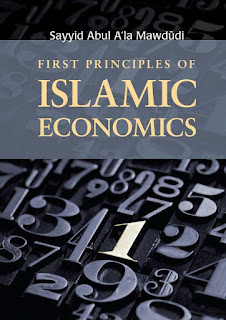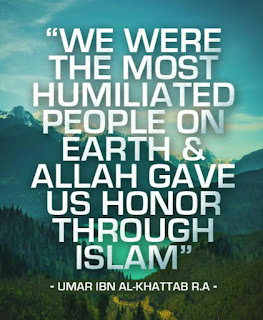First Principles In Islamic Economics

Brief on topics reviewed in “First Principles of Islamic Economics” by Sayyid Abul A’la Mawdudi(rh): “The Muslim world was a global economic power for several centuries, and it was not until the Western Enlightenment that economic stagnation or decline began to occur; and this lasted for more than 300 years” – Foreword This is when the decline of the Ummah and the Islamic state started to take place and this is when Muslims started to gather to question where exactly we went wrong. Was it that Islam was no longer relevant to solve societal problems? “The lowest point was the abolition of what was left of the symbolic Khilafah in 1924” – Foreword This was the crucial point where many Muslim intellectuals and prominent thinkers came in with their work for the revival and reconstruction of a broken Ummah. Amongst these names are Muhammad Iqbal, Hassan al Banna, Sayid Abul Ala Mawdudi and a host of other intellectuals and reforme...





